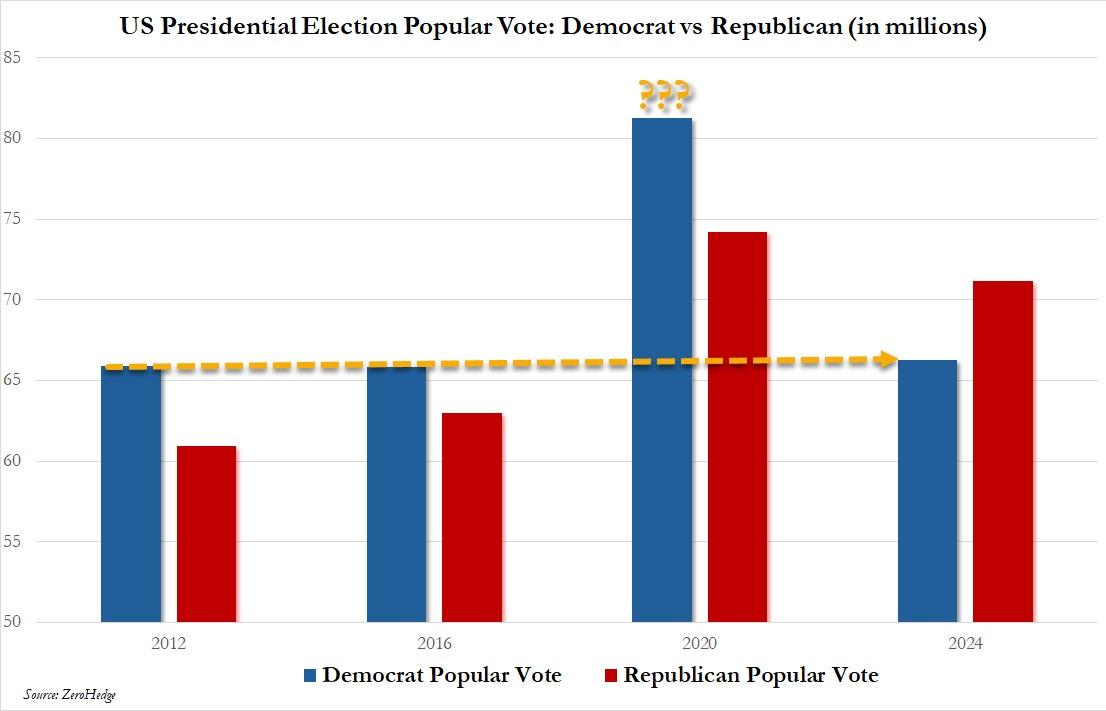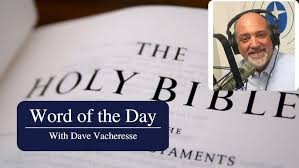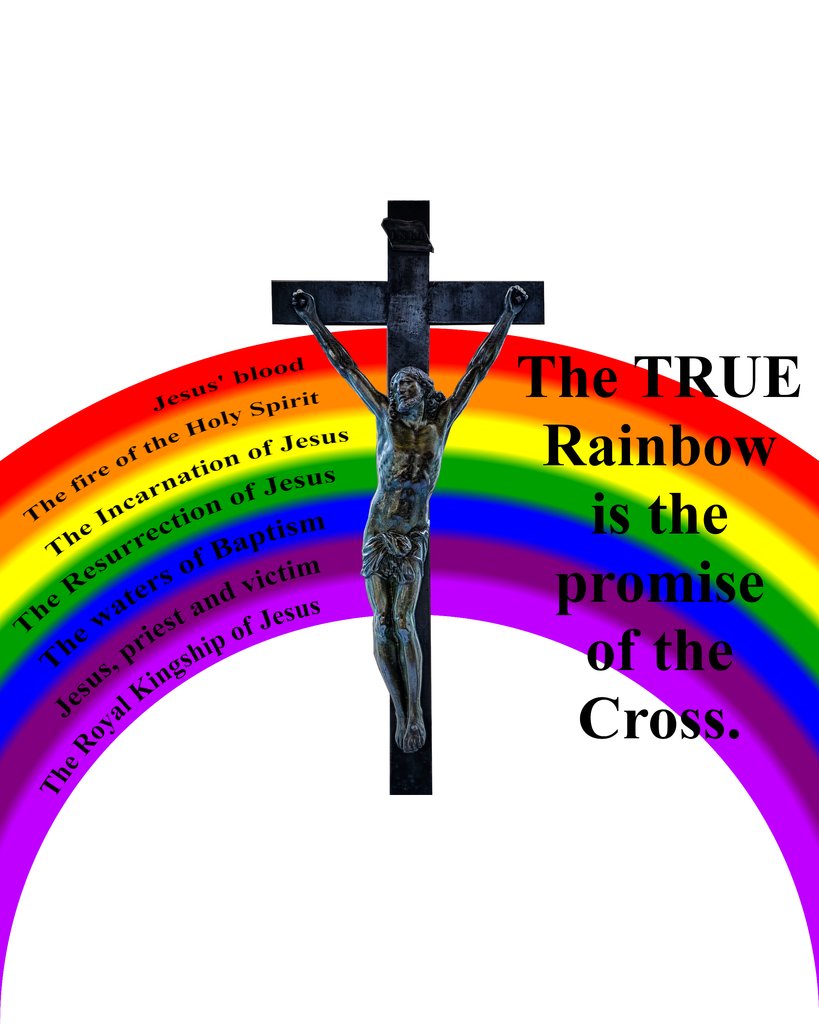Read Me: Stuff You Shouldn’t Miss
This post is a collection of sundry items that I found interesting. Perhaps you will as well.
First, from Commonweal Magazine comes the story of conversion of French born American author Julian Green. Wikipedia describes the author of Léviathan and Each in His Own Darkness this way, “A devout Catholic, most of his books focused on the ideas of faith and religion as well as hypocrisy. Several of his books dealt with the southern United States, and he strongly identified with the fate of the Confederacy, characterizing himself throughout his life as a “Sudiste.””
Anyway, the short account of his conversion, as translated by Harold Bordwell, is quite touching and well worth the few short minutes it takes to read. Here is a taste of his memory of the death of his mother, who plays an unusual role in his conversion.
My mother died on December 27, 1914, at the Villa du Lac, our home then, in Vésinet. In accordance with the custom of many Protestants, she was left to lie alone on her bed. Each of us stayed in his room and the house was plunged into a silence that seemed terrible to me. I decided to shut myself up in a room on the fourth floor, but soon I wanted to slip out quietly and I went down the staircase a few steps, then began looking at the door of the room where she lay, retracing my steps in a flux of fear and curiosity. Finally, I made up my mind and walked straight to the bed.
My surprise was great. I expected to discover a face distorted by suffering, while my mother presented the look of someone shrouded in a profound meditation. Never had I seen her so mysteriously thoughtful. Her beauty shocked me even more. All the lines of age had disappeared and her smooth skin tried to imitate youth. With a constricted heart I told her that I loved her and I said it again to be sure that I had really heard my own voice, but I felt unable to stay any longer and I fled.
Georgetown University professor of government Fr. James V. Schall, S. J. comments on Pope Benedict and the defense of reason in an interview with the Claremont Institute. Here is a snippet.
One is bemused to think that a “public intellectual” might be thought to have a higher rank than the Pope of Rome! Suffice it to say, that there is no individual person in the public order anywhere in the world today with the intellectual accomplishments of Pope Ratzinger. That is not a boast, just a fact. The sheer volume and depth of what he has published over the years is simply massive in addition to its being profound with that German thoroughness that leaves little to the imagination.
We are witnessing the time in which this accumulated learning has, perhaps uncannily, settled in the one office in the world that still speaks “Urbi et Orbi.” The days are simply gone, if they ever existed, in which anyone can pretend that there is not a major intellectual force within Catholicism that actively seeks out and deals with every religious, intellectual, historical, and scientific tradition in terms of intelligence.
And finally, from David Virtue’s site on Anglicanism comes this very interesting article about, well, Anglicanism. THE MYTH OF ANGLICANISM: After the Archbishop’s Advent Letter — by Gary L’Hommedieu explores the question of just what does it mean to be an Anglican today.
Anglicanism is turning out to be exactly what I always thought it was, only more so.
That’s not a snide remark or even a criticism, but an observation of how the “ism” of Anglicanism has lately disappeared before our eyes. Anglicanism has been described as resistant to doctrinal precision or even to doctrine per se. It purports to be all things to all people. One man’s Anglicanism is another man’s abomination. One anathematizes another with the same damning cry — un-Anglican! — each with equal indignation and fury, one for not conforming to what should be obvious, the other for demanding conformity at all when that is obviously the one thing inadmissible to Anglicans.
With the Archbishop of Canterbury’s Advent 2007 letter, containing his long awaited response to the ongoing battle between Provinces of the Anglican Communion touched off by the consecration in 2003 of a noncelibate homosexual as Bishop of New Hampshire, Anglicanism has been scrutinized as a thing. What sort of thing is it? Perhaps it’s just the British Empire at prayer. At least that makes sense, except it makes it a thing of the past. And what, pray tell, is the Anglican Communion?







